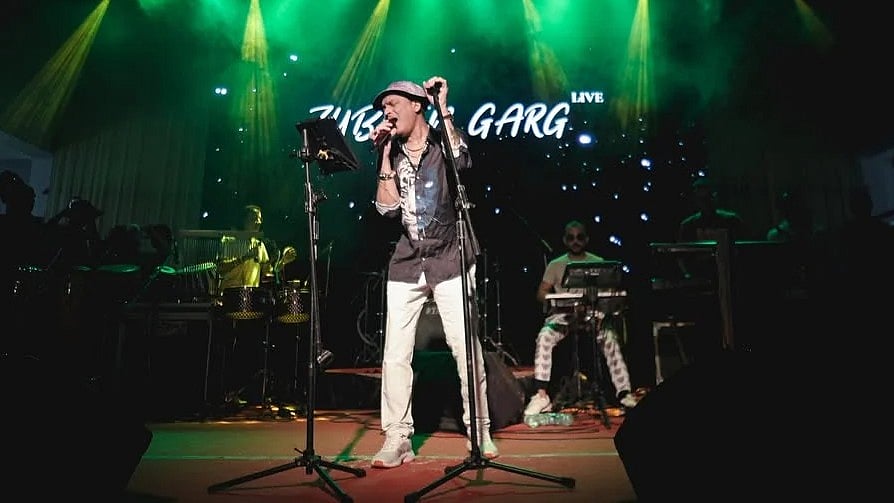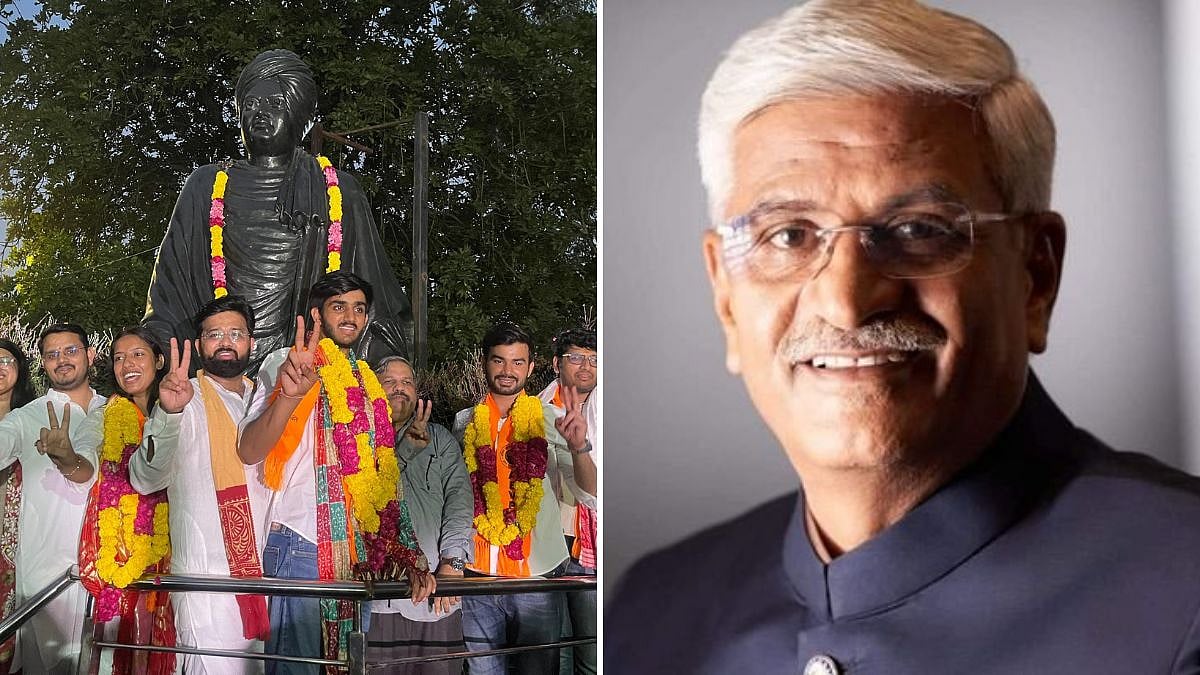Three days after he was attacked by an Islamist fanatic in New York, Salman Rushdie, the renowned India-born author, continues to be in a critical condition. Should he survive, which the entire freedom-loving world would hope for, he may lose an eye. His liver has also been damaged.
The attacker, Hadi Matar, 24, was overpowered by attendees at the literary event where Rushdie was to speak and handed over to the police. Thirty-three years after the late Iranian supreme leader Ayatollah Ruhollah Khomeini issued a fatwa for Rushdie’s execution for his novel The Satanic Verses, neither the fatwa nor the bounty of $3 million has been withdrawn. In the intervening period, after more than a decade of living in hiding, protected round-the-clock by British police, the author, who had shot to fame in 1981 with the novel Midnight’s Children, made New York his home.
Following outrage in Islamic countries after the publication of The Satanic Verses, a surreal post-modern novel, Rushdie apologised for any hurt it may have caused Muslims. India was the first country to ban the novel. Then Prime Minister Rajiv Gandhi ordered the ban before anyone in the government had read the controversial novel. There were sporadic protests in the country while neighbouring Pakistan and Iran witnessed widespread rioting.
Rushdie embodied rare fortitude in his person, continuing with his life in spite of the looming threat from extremists. A number of people associated with translating and publishing the controversial novel worldwide were also targeted, including a Japanese translator.
It is clear from the outpouring of support and tributes following Friday’s hideous act that Salman Rushdie represents the noble idea of freedom of thought and speech. However, it is tragic for humankind that despite great scientific achievements, despite conquering new frontiers in space, some people still regress into the worst forms of religious extremism fuelled by hate and bigotry.
Islamist extremism is a grave threat to world peace. Be it the Taliban in Afghanistan, the Islamist guerrillas in West Asia and large parts of Africa, the Islamic State, or any such terrorist outfit, they all torment large swathes of the local populations in the name of Islam. Mayhem and madness in the name of religion are no way to serve any god, called by whatever name. The attack on a gifted writer like Rushdie, an inspirational figure for writers and journalists worldwide, deserves to be condemned. Rushdie does not deserve to die at the hands of a fanatic, and he certainly did not invite last week’s attack by a mad man believing he was serving his faith. All that he did was to reaffirm that some people still live in the dark ages when barbarism and blind belief reigned supreme and there was no room for reason, compassion and empathy.
On the day of the horrendous attack in New York, police in Uttar Pradesh said they had arrested a man tasked by the Jaish-e-Mohammed to eliminate suspended BJP spokesperson Nupur Sharma. It is a chilling reminder that the threat from religious loonies, drawing inspiration from Pakistan-based terror groups, is far from extinguished. Sharma’s controversial remarks in the course of a television show were seized upon by fanatical elements to foment fear and unrest in the country. Though the BJP suspended her and she tendered an unconditional apology, she continues to be a target for religious zealots. There is little governments can do to ensure foolproof security when religious extremists misuse their faith to indulge in murder and mayhem — all in the supposed defence of religion. Humanity is ill-served by fanatics of all shapes and hues.










